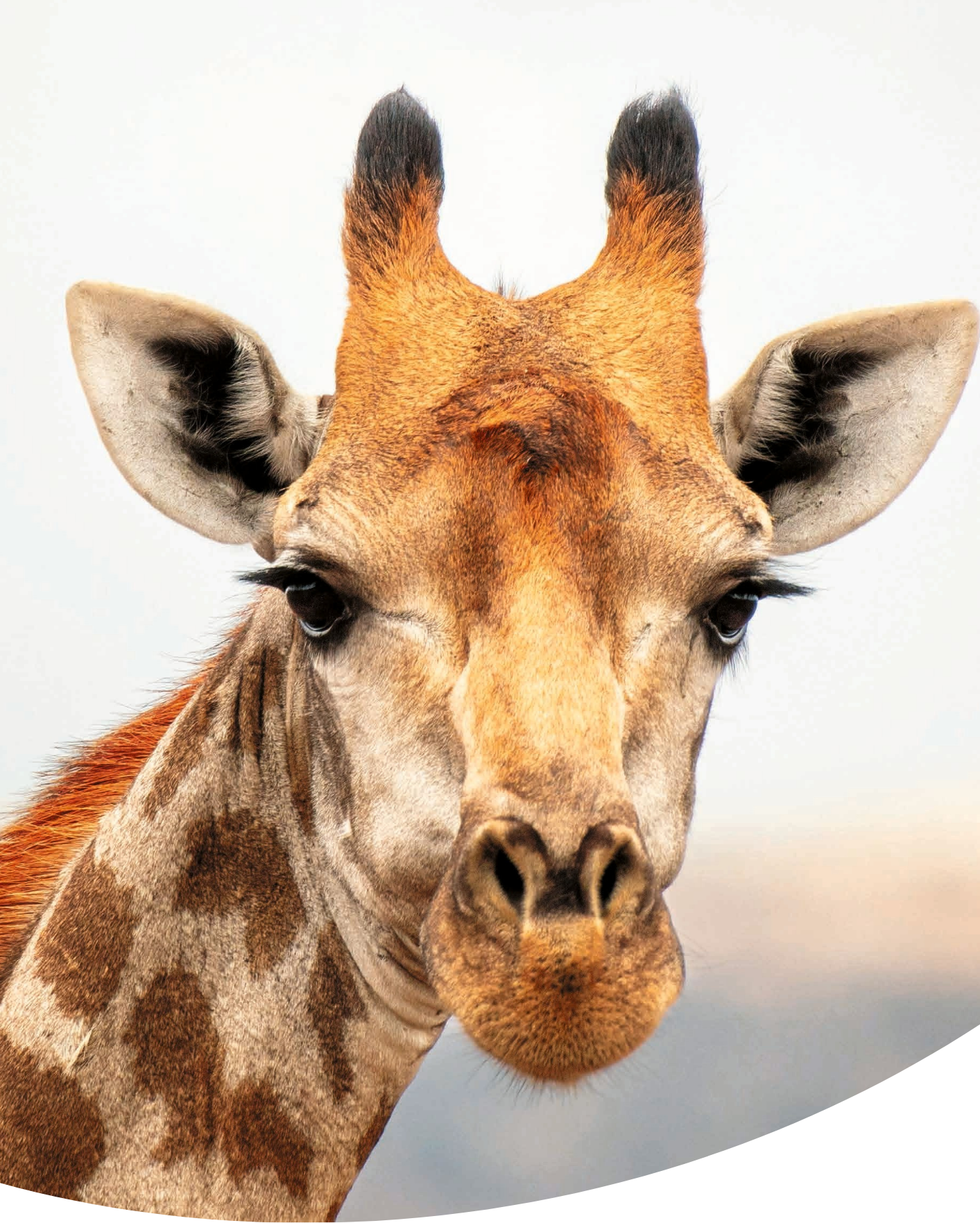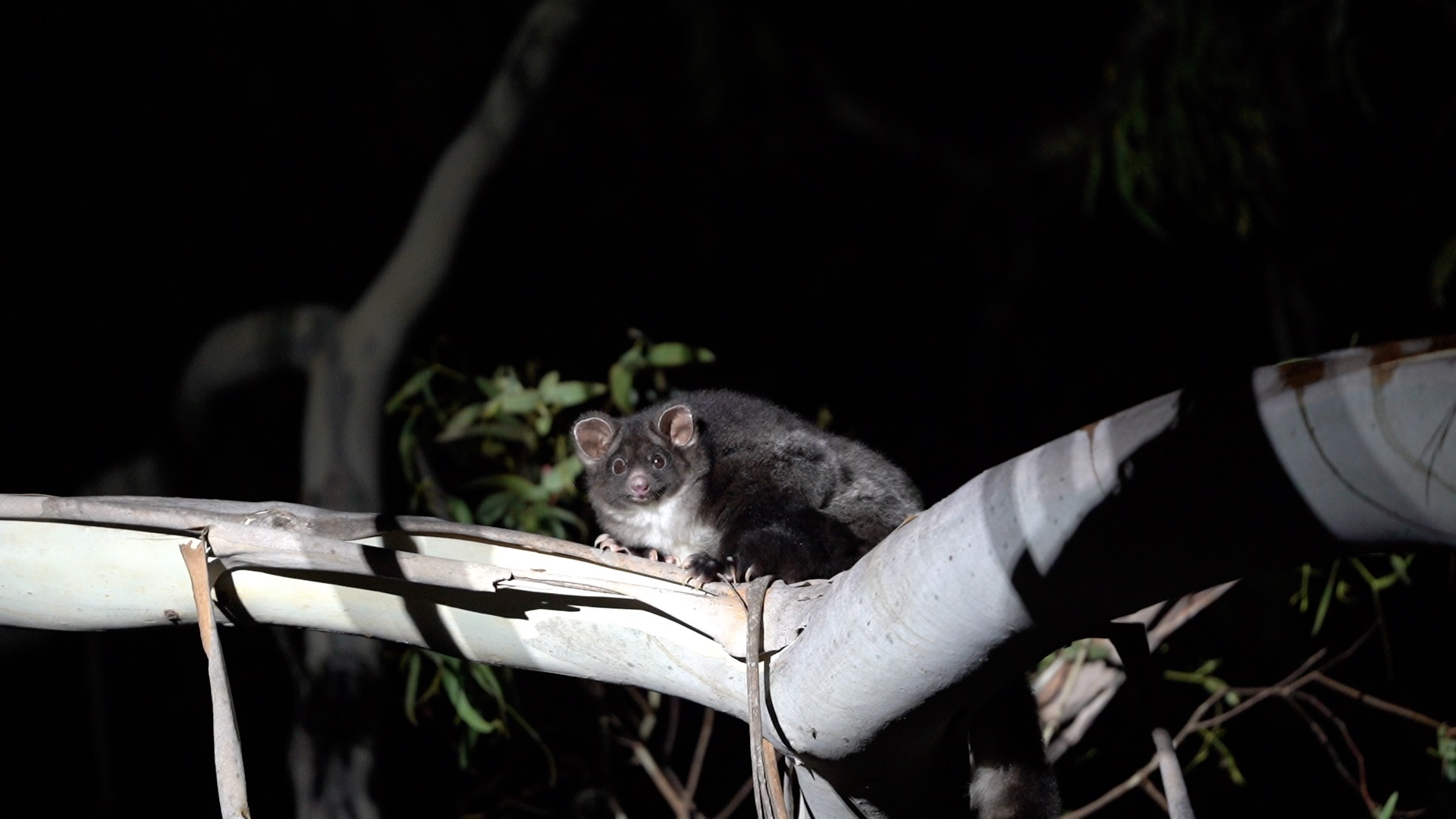Find out more about our work on federal environment reforms, the recent victory in protecting whale sharks, an update on our partner projects and lots more.
Last Friday’s indication by Minister of Fisheries and Agriculture Svandis Svavarsdottir that Iceland will likely end its commercial whaling by 2024 struck a deep chord. I have been involved in the global campaign to end commercial whaling for a long time, and there was a part of me that always thought I might live to see this day. Still, the news came as a shock—a supremely happy one—because I had witnessed the stubbornness of Iceland’s representatives at meetings of the International Whaling Commission for so many years.
“Why should Iceland take the risk of keeping up whaling, which has not brought any economic gain, in order to sell a product for which there is hardly any demand?” Svavarsdottir wrote in a column for the Icelandic newspaper, Morgunbladid.
Events of the last few years have been decisive, and despite its 2019-2023 annual quotas allowing for the killing of 217 minke whales and 209 fin whales, the actual number of whales killed has been much smaller. In its last full season of whaling, Iceland’s whaling fleet killed 146 fin whales and six minke whales. That was in 2018. In the last three years, only one minke whale has been taken.
A few factors drove this decline. Demand for Iceland’s fin whale meat has dramatically fallen since Japan—its main buyer—returned to commercial whaling in 2019, and in Iceland, tourists seeking a local delicacy are largely responsible for what little demand remains. Iceland’s extension of its no-fishing coastal zone required that whalers go still farther offshore, making whale hunts more costly. Finally, pandemic concerns created additional obstacles for Iceland’s whaling and whale processing operations. It is no wonder that political support for the industry has waned.
There is an overriding moral argument against whaling, of course. Harpooning these magnificent giants not only causes unjustifiable suffering to the whales who are killed but to others in the pod who witness their family members being chased and slaughtered. We have also stressed in our campaigns the evidence that shows whales are worth much more alive than dead. Iceland is already one of the best places in the world to go whale watching, and the country stands to attract even more ecotourists once it abandons whaling forever. More than 360,000 whale-watching tourists went to the waters of the North Atlantic near Iceland to admire whales in 2019, before the pandemic curtailed the industry’s operations.
In the days following Svavarsdottir’s pronouncement, I could not help thinking of the long road we advocates have traveled in our efforts to halt Iceland’s whaling. Year after year, we battled with Iceland’s delegation to the International Whaling Commission and other treaty and international organizations. With other advocacy organizations, we pushed the U.S. government to use the Pelly Amendment to reprimand Iceland for undermining the IWC and CITES (the Convention on International Trade on Endangered Species).
Iceland was firmly on the pro-whaling side in 1982 when the IWC proposed a moratorium on commercial whaling in the interests of preventing the imminent extinction of the great whales. Under strong political pressure, Iceland decided to abide by the ban, in principle. However, like Japan, Iceland continued whaling from 1985 to 1989 under a “scientific research” loophole. When economic pressure threatened its valuable seafood industry exports, Iceland stopped whaling and withdrew from the IWC in 1992. Amidst controversy, it rejoined the commission and resumed whaling in 2003. Iceland’s whalers have killed more than 1,500 fin and minke whales since then.
It appears all of that is behind us now, leaving only two countries, Japan and Norway, that still defiantly and cruelly persist with commercial whaling. Norway’s whaling industry has been declining of late; whalers there killed 575 whales, half of their allotted quota, in 2019. In Japan, observers have pointed to increasing ambivalence within the government about the hefty subsidies that sustain whaling. We hope that government and corporate stakeholders in these two nations are following the developments in Iceland and that they follow suit in ending this cruel and outmoded practice once and for all.
Follow Kitty Block on Twitter @HSUSKittyBlock.
The post Iceland signals it will stop commercial whaling by 2024, suggesting an end to a decades-long fight appeared first on A Humane World.


